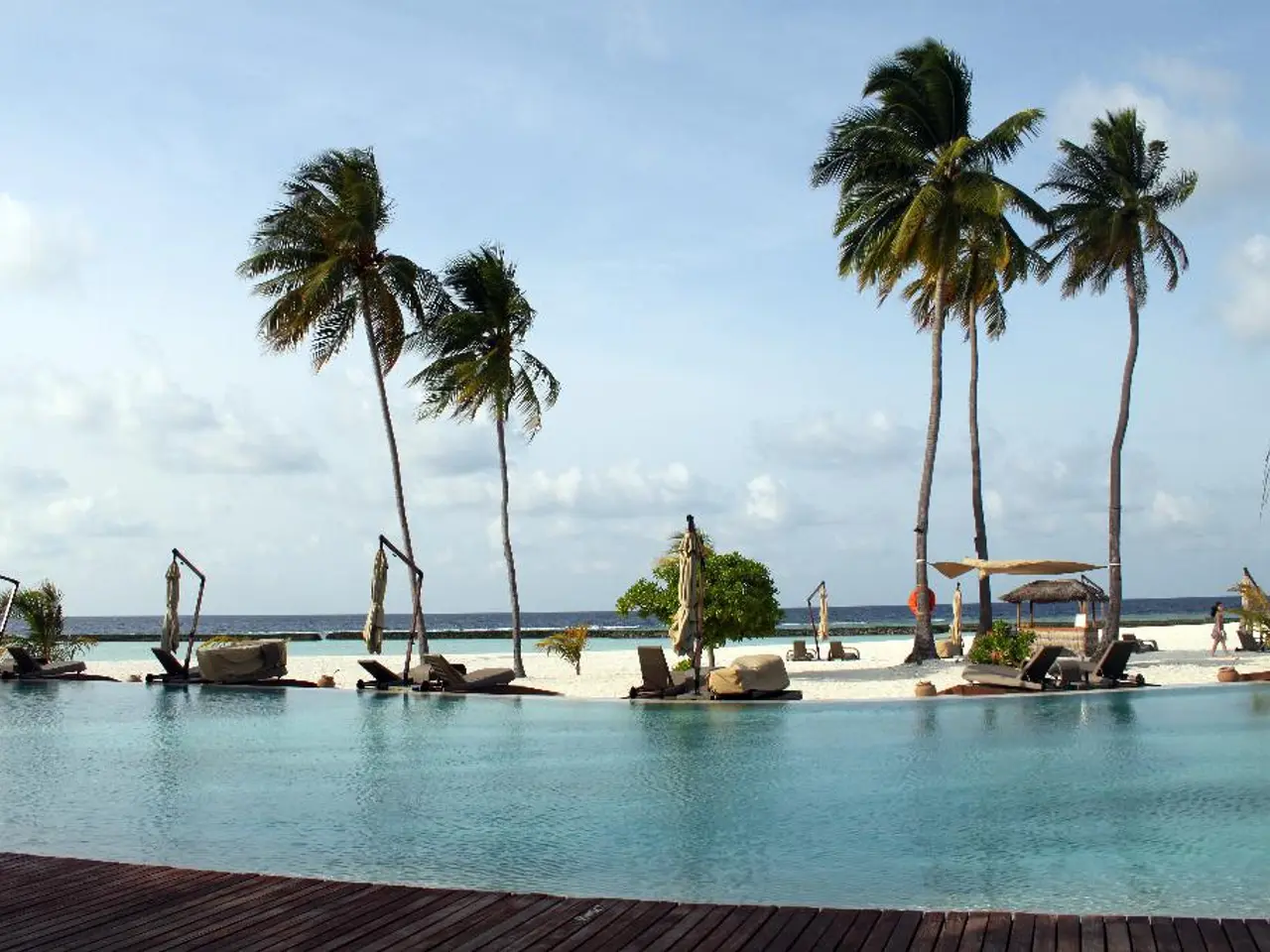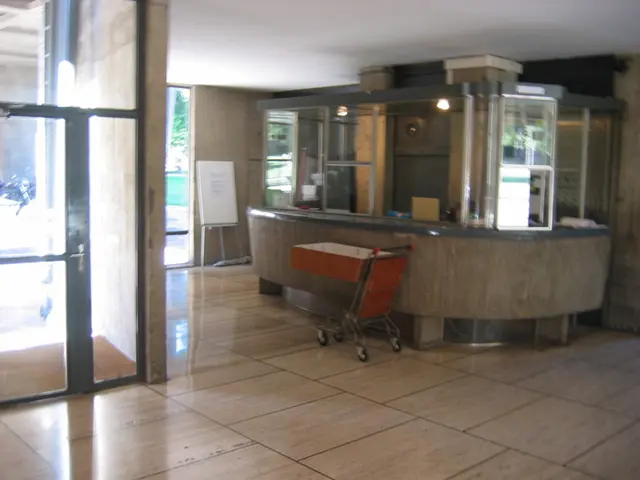"Summer Getaway at 'Backwards Beach' Could Revolutionize Your Vacation Experience"
A growing number of families are discovering the benefits of the "Backwards Beach Day" concept, a novel approach that promises to make beach trips with small children more enjoyable and manageable. This innovative strategy involves reversing the traditional beach schedule, opting for late afternoon or early evening outings instead of the usual morning trips.
By adopting this approach, families can avoid the morning rush and early wake-up stress associated with getting children ready for a day at the beach. Instead, they wait until after small children have woken up from their naps, ensuring the beach trip is more aligned with the children’s natural rhythms.
This strategy offers several advantages. For instance, children are more rested and less cranky since they have had their naps beforehand. It helps reduce common meltdowns related to tiredness and hunger, as kids are not forced to skip naps or struggle through to dinner time on an empty stomach.
Moreover, the late afternoon sun is often less intense, providing a more comfortable temperature and lower risk of sunburn. The timing can coincide with sunset, adding a calming and enjoyable atmosphere for both kids and parents.
John Marshall, a father of four, calls the "Backwards Beach Day" concept "marvelous." He and his family, who prioritize minimizing commotion, find that this approach simplifies sun exposure limitation without losing any part of the beach experience. Kelsey Pomeroy, a content creator in Kansas City, Missouri, and mother of two, has also embraced this strategy. She now considers herself a "p.m. beach person."
The "Backwards Beach Day" concept is not limited to families with young children. It is beneficial for anyone who wants to stay out of the sun, avoid overstimulation, and large crowds, and save some money. The beach is less packed in the late afternoon and early evening, making it less stressful for families.
Furthermore, this strategy allows families to engage in activities that are less crowded, such as aquariums and museums, during summer days. Restaurants are also less crowded (and less expensive) at lunchtime, making it a preferred time for families to eat out with their children.
If a toddler struggles with transitions, a p.m. beach trip can be beneficial because the setting sun can signal bedtime. The UV index is lower at this time, reducing the need for an umbrella. After a p.m. beach trip, children can be put straight to bed without needing additional feeding.
Marshall believes that a "Backwards Beach Day" can be a teachable moment for kids who question why things are done differently than other families. By introducing this concept, families can create their own unique traditions and culture, making beach outings a cherished part of their summer experiences.
This novel approach, the "Backwards Beach Day" concept, also extends benefits to those seeking a less intense sun and fewer crowds. By scheduling beach trips in the late afternoon or early evening, families can align activities with children's natural rhythms and enjoy a calmer atmosphere. Additionally, this strategy can be integrated into a unique family culture, offering a teaching moment for children about different approaches to beach traditions.





